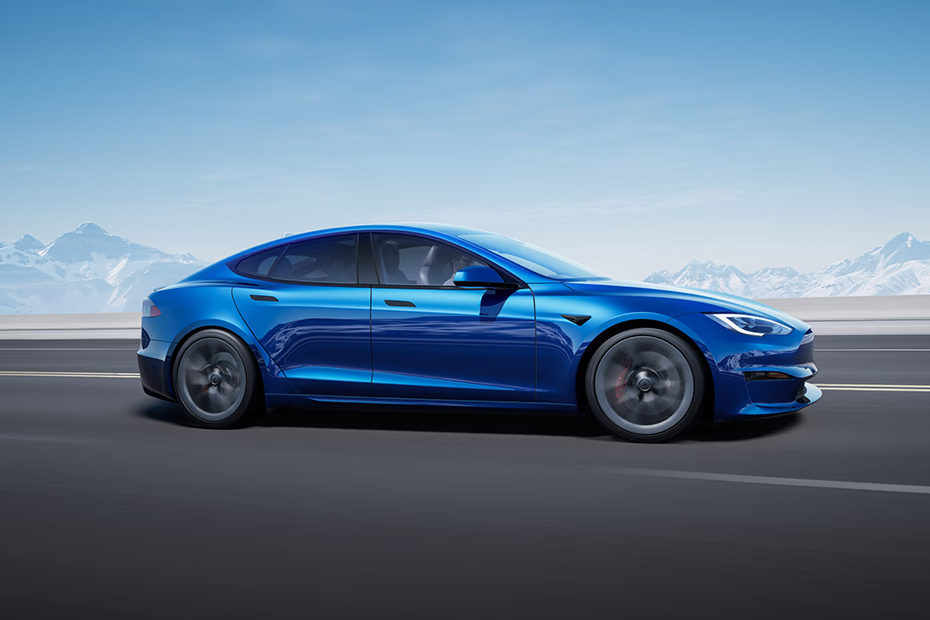In 2023, the automotive industry continues to evolve rapidly, with electric vehicles (EVs) and hybrids gaining significant traction. According to Bloomberg Green, EV sales are projected to surpass 14 million units this year, a 35% increase from 2022. As consumers become more environmentally conscious and fuel prices fluctuate, the decision between EVs, hybrids, and traditional gas cars becomes increasingly crucial—not just for the environment, but for your wallet as well. This article will guide you through the financial implications of choosing between these vehicle types, helping you make an informed decision that aligns with both your budget and lifestyle.
Understanding the Cost of Ownership
When considering a new vehicle, it’s essential to look beyond the sticker price. The total cost of ownership includes upfront costs, maintenance, fuel, and depreciation. Here’s how EVs, hybrids, and gas cars compare:
1. Upfront Costs and Incentives
- Electric Vehicles (EVs):
- Initial Price: Typically higher than gas cars, although models like the Nissan Leaf and Hyundai Kona EV offer affordable options.
- Incentives: Tax credits and rebates can significantly offset the cost. For example, U.S. federal tax credits can reduce the purchase price by up to $7,500.
-
Hybrids:
- Initial Price: Generally more expensive than gas vehicles but cheaper than most EVs.
-
Incentives: Some states offer rebates and tax credits, though these are less common than for full EVs.
-
Gas Cars:
- Initial Price: Generally the most affordable upfront cost, with a wide range of models and prices available.
2. Fuel and Energy Costs
- Electric Vehicles (EVs):
- Charging Costs: Charging an EV is typically cheaper than refueling a gas car. According to the International Energy Agency, the average cost to charge an EV in the U.S. is about $0.13 per kWh, resulting in significant savings.
-
Home vs. Public Charging: Installing a home charger can further reduce costs, while public fast chargers might be more expensive.
-
Hybrids:
- Fuel Efficiency: Hybrids offer excellent fuel economy, with models like the Toyota Prius achieving over 50 miles per gallon.
-
Fuel Costs: While still reliant on gasoline, hybrids consume less, reducing overall fuel expenses.
-
Gas Cars:
- Fuel Costs: Subject to volatile gas prices, which can significantly impact your budget. The average fuel cost per gallon is around $3.50 in the U.S., but prices vary widely.
3. Maintenance and Repair Costs
- Electric Vehicles (EVs):
-
Lower Maintenance: Fewer moving parts mean less frequent repairs and lower maintenance costs. According to InsideEVs, EV owners spend about half as much on maintenance compared to gas car owners.
-
Hybrids:
-
Moderate Maintenance: Combines both electric and gas components, requiring regular maintenance but generally less than gas cars.
-
Gas Cars:
- Higher Maintenance: Regular oil changes, brake replacements, and other services increase costs over time.
Practical Comparisons: EVs, Hybrids, and Gas Cars
1. Charging vs. Refueling
- How to Charge an EV:
- Home Charging: Convenient and cost-effective. A Level 2 charger can fully charge most EVs overnight.
-
Public Charging: Widely available but can be pricier. Apps like PlugShare help locate charging stations, making road trips feasible.
-
Where to Refuel Gas and Hybrids:
- Gas stations are ubiquitous, offering convenience and speed unmatched by current EV infrastructure.
2. Where to Buy and What to Compare
- Dealerships and Online Platforms:
- EVs are increasingly available at traditional dealerships, but companies like Tesla and Rivian sell directly online.
- Compare features like range, charging time, and warranty for EVs, and fuel economy and battery life for hybrids.
3. Depreciation and Resale Value
- Electric Vehicles (EVs):
-
Historically depreciated faster, but models from Tesla and Rivian hold value better thanks to software updates and brand prestige.
-
Hybrids:
-
Generally hold their value well due to high demand for fuel-efficient vehicles.
-
Gas Cars:
- Depreciation varies greatly; luxury brands may hold value better than mass-market models.
Conclusion: Making the Best Choice for Your Wallet
In today’s market, the choice between EVs, hybrids, and gas cars hinges on several factors, including your driving habits, environmental priorities, and financial situation. For those with access to charging infrastructure and an eco-conscious mindset, EVs offer long-term savings and lower environmental impact. Hybrids serve as a middle ground, providing better fuel economy without the range anxiety associated with EVs. Gas cars, while initially cheaper, may incur higher costs over time due to fuel and maintenance expenses.
As technology advances and infrastructure improves, the gap between these options continues to narrow. Ultimately, the best choice for your wallet depends on your unique circumstances and preferences. What will you choose as we drive into the future of transportation?

